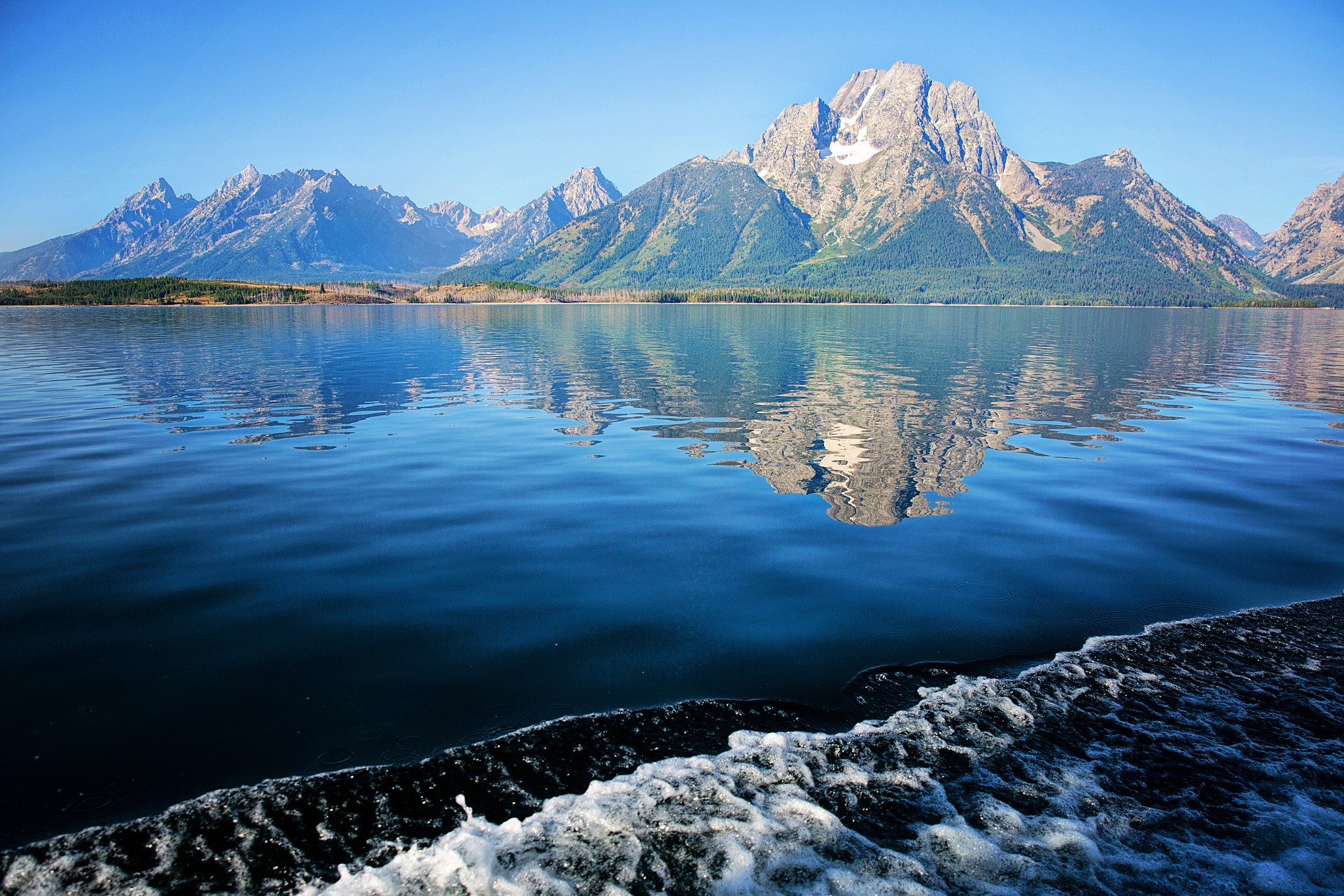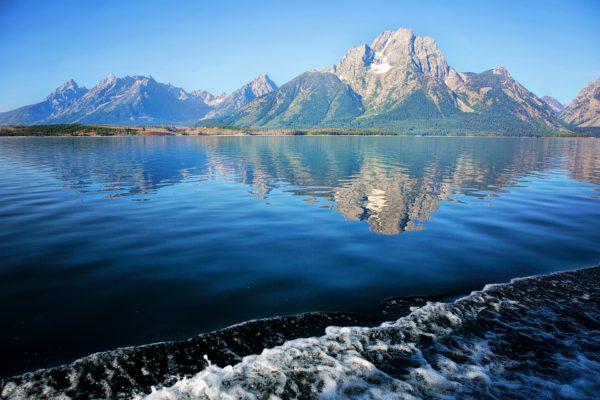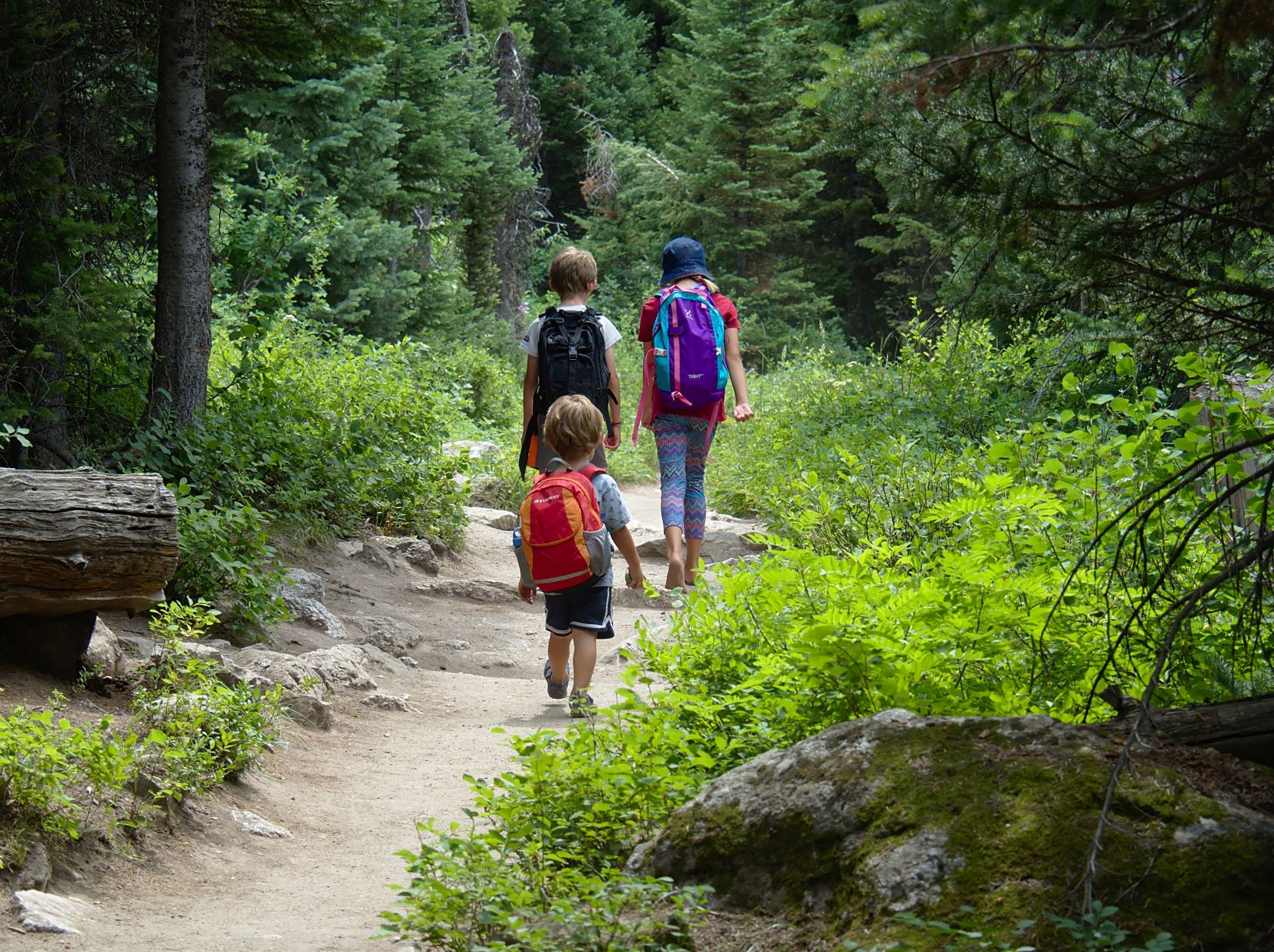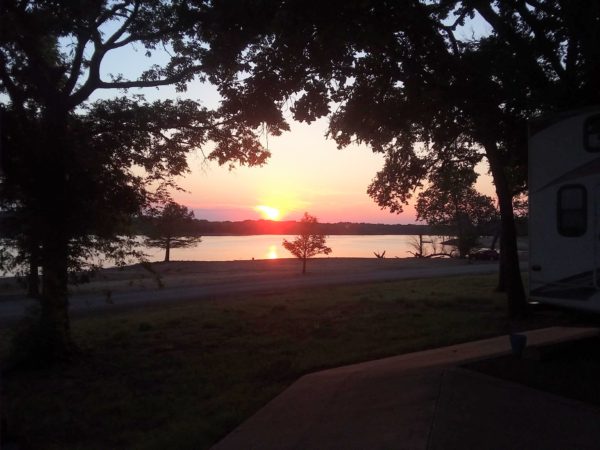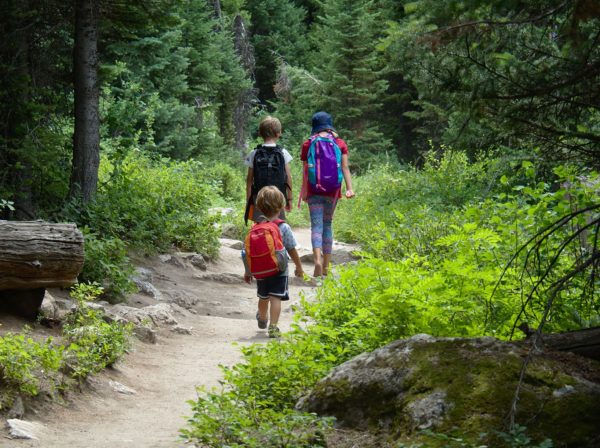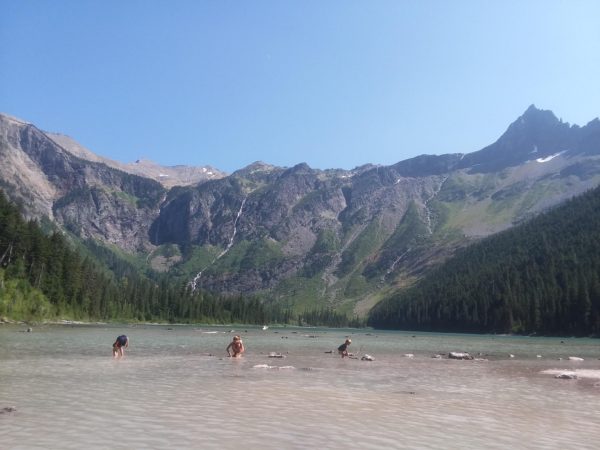Genesis 32:28
“Your name will no longer be Jacob, but Israel, because you have struggled with God and with humans and have overcome.”
“What’s in a name?” Juliet famously wonders. “That which we call a rose by any other name would smell as sweet.” Juliet is, of course, lamenting that Romeo is from the other side of a bitter feud. If one or the other of them just had a different name, everything would be fine. But they don’t. Spoiler alert: everyone dies. Names matter. (Oh, if my 9th grade English teacher could see this and know how much he taught me.)
Long before Shakespeare’s star-crossed lovers, the Bible offers many examples of the importance of names. People’s names carried meaning and told you something about the person. Because of this, a significant life change could bring with it a name change as well. Think of Abram and Sarai becoming Abraham and Sarah when they entered into a covenant with God (Genesis 17:5, 15). Jacob is also called Israel after he spends a night wrestling with God (Genesis 32:28), and this identity of struggle with God becomes the identity of God’s people for centuries. The pattern continues throughout the Old Testament and into the New, as we see Jesus give Simon the new name Peter (Matthew 16:16 / John 1:42) as a sign of the calling given to him.
God also chooses to reveal things about himself by giving us different names he can be called. Most notably, perhaps, is the name he gives Moses when Moses asks who he should say has sent him. God gives him the name I AM – the essential nature of God, eternally existing in the present tense. But God shares other names with his people. For example, God Almighty (El Shaddai) is the name he uses in confirming his covenant with Abraham (Gen 17:1). He also reveals himself as Jesus. The God who saves.
Names don’t carry quite as much significance in our culture today. Sure, parents choose their children’s names carefully, and most of us look at what a name means before naming a child. But when I first meet people, I don’t assume that I know anything about them by learning their names. My name, Christine, means believer in Christ, which fits me. But I was one of five Christines in my elementary school class (Christine, Christy, Chrissy, Chris, and Chrissy 2 to make things easier) and the same cannot be said for all of them, as far as I know.
For the most part, this change in the importance of names is a cultural difference and not something that is good or bad. Something I think we’ve lost along the way, though, is understanding the power of naming things.
When it comes to feelings, fears, worries, or even decisions or conflicts, unnamed issues hold a strange sort of power. When I’m feeling emotional but don’t stop to identify more specifically what I’m feeling, I feel overwhelmed and out of control. A general sense of fear is impossible to overcome without naming what it is I’m actually afraid of. Decisions can’t be made until the decision can be clearly defined, and conflicts can’t be resolved until the central issue has been identified. It might sound obvious, but think of how many times we skip the step of naming things before trying to struggle through.
When I was upset or worried about something as a kid, my dad used to ask me, “What’s the worst that could happen?” I would name whatever worst-case scenario I could think of and then he’d ask again, “Ok, and then what’s the worst that could happen?” Over and over, usually until the conclusion was so ridiculous that I was laughing and realizing how unlikely all these worst-case scenarios actually were. It’s still a technique I use as an adult sometimes, not only to gain perspective, but because describing the worst thing that could happen is a way of naming the fear. Once you’ve named it, it loses some of its power.
Writing things down is another way of naming fears and robbing them of their influence. When I’m feeling really busy and scattered with juggling different tasks, it helps me to make a list. What often happens when I make the list is that I see that all those things felt like more than they actually were, and once I have it down on paper I don’t need to reserve mental and emotional space for them anymore. Journaling about fears forces us to try to put words to the intangible feelings. Once we’ve named them, we can often see that they aren’t quite as bad as they seemed, and we don’t have to hold space for them anymore.
Perhaps a rose by any other name would smell just the same, but naming it is still important.
Take some time today to name your fears in the presence of the God who bears many names. And may you discover that one of them is Jehovah Shalom – the Lord is Peace (Judges 6:24).


